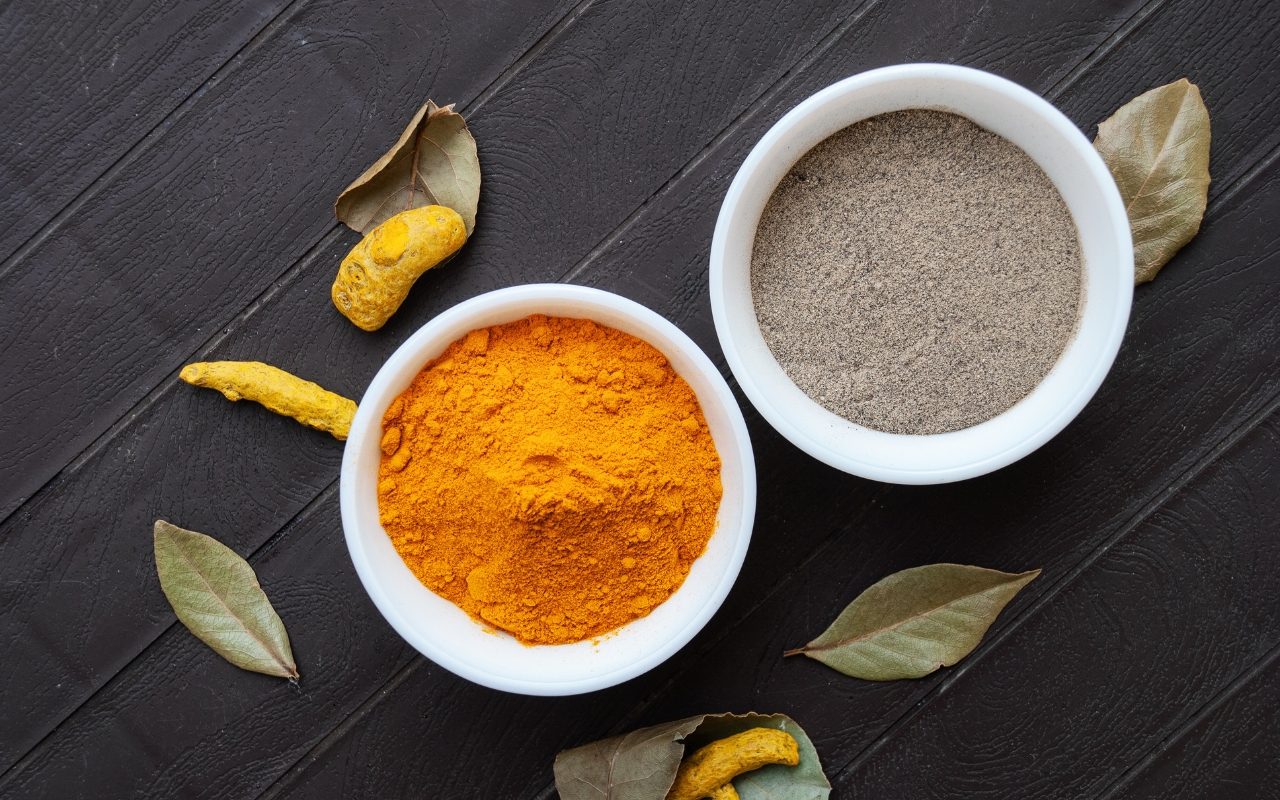Turmeric, a bright yellow spice derived from the rhizome of the plant Curcuma longa, has been celebrated for over 4,000 years for its medicinal and culinary uses. Known primarily for its distinctive flavor and vibrant color in Indian cuisine, turmeric has also carved out a significant place in traditional medicine and modern health regimes across the globe. This article delves deeply into the benefits, applications, and scientific findings related to turmeric, providing a comprehensive overview of this remarkable spice.
Curcumin, the active compound in turmeric, is credited for most of its health benefits. As a powerful antioxidant and anti-inflammatory agent, curcumin has attracted considerable interest in the scientific community. While some skepticism remains about its efficacy in human trials, emerging research highlights its potential in treating various ailments and enhancing overall health.
Traditional Uses and Historical Significance
Turmeric's historical roots extend deep into Ayurvedic and Chinese medicine, which has been used to treat conditions such as digestive problems, liver diseases, skin ailments, and even wounds. The ancient healers of India and China recognized its anti-inflammatory properties and used it extensively in their therapeutic practices. Beyond medicine, turmeric also holds cultural significance and is often used in religious and ceremonial practices throughout South Asia.
In the culinary world, turmeric’s primary role is as a spice that imparts a unique flavor to dishes and contributes to their appealing color. It is a staple in curry powders, mustards, and various traditional recipes. Additionally, its use as a natural food coloring agent cannot be overstated, being found in products ranging from butter to cheese.
Health Benefits Supported by Research
Anti-Inflammatory and Antioxidant Properties
Turmeric's primary claim to fame is its anti-inflammatory and antioxidant properties, primarily attributed to curcumin. Curcumin helps reduce inflammation by lowering the levels of two enzymes in the body known to cause inflammation. It also prevents platelets from clumping together to form blood clots. These properties make turmeric particularly promising for arthritis and other inflammatory diseases.
Research, including clinical trials, has explored turmeric’s potential in managing osteoarthritis, which affects millions globally. Traditional non-steroidal anti-inflammatory drugs (NSAIDs) often used to treat osteoarthritis can have significant side effects, such as gastrointestinal issues, cardiac complications, and renal problems. Turmeric, on the other hand, has shown promising results in reducing inflammation with fewer side effects. A study comparing turmeric extract to paracetamol in treating knee osteoarthritis found that turmeric effectively reduced pain and inflammation markers like CRP and TNF-α.
Moreover, its role as an antioxidant helps to scavenge free radicals in the body, which can cause cellular damage and contribute to chronic diseases like cancer and heart disease. This makes turmeric a potential candidate for preventing or mitigating the effects of these conditions.
Read more about turmeric's anti-inflammatory properties here.
Potential in Cancer Prevention and Treatment
Perhaps one of turmeric's most exciting research areas is its potential role in cancer prevention and treatment. Early studies conducted in laboratories have shown that curcumin can inhibit the growth of different cancer cells, particularly by preventing the formation of new blood vessels (angiogenesis) that tumors need to grow.
Researchers, including those at Harvard Medical School, have found that curcumin's ability to inhibit angiogenesis could make it a valuable addition to cancer treatment regimens. Ongoing clinical trials are investigating its use in treating pancreatic, breast, and multiple myeloma cancers. Although there is optimism about curcumin’s role in oncology, it is crucial to note that most findings are preliminary, and more comprehensive human studies are required to draw definitive conclusions.
Find more information on curcumin's potential anti-cancer properties here.
Digestive Health
Turmeric has long been used in traditional medicine to aid digestion. Curcumin stimulates the gallbladder to produce bile, which is believed to help improve digestion. This can be particularly beneficial for individuals suffering from indigestion or dyspepsia. The German Commission E, which evaluates herbal medicines, has even approved turmeric for treating digestive issues.
Cognitive Health and Neuroprotection
Emerging research suggests that curcumin may have neuroprotective properties, potentially offering benefits for cognitive health and neurodegenerative diseases like Alzheimer's. Curcumin's anti-inflammatory and antioxidant properties are thought to protect the brain from damage and support cognitive function. Studies in animals have shown that curcumin can cross the blood-brain barrier and may help reduce amyloid plaques associated with Alzheimer's disease.
Cardiovascular Benefits
The cardiovascular benefits of turmeric are also noteworthy. Curcumin has been shown to improve endothelial function, which is the function of the inner lining of blood vessels. This can help regulate blood pressure and reduce the risk of heart disease. Additionally, curcumin's ability to reduce inflammation and oxidation further supports heart health by preventing damage to arterial walls and reducing the risk of heart attacks and strokes.
Role in Athletic Performance and Recovery
In the world of sports and physical fitness, turmeric has gained a reputation for its potential to aid muscle recovery and reduce exercise-induced inflammation. Athletes and fitness enthusiasts increasingly incorporate turmeric supplements into their routines to help manage muscle soreness and accelerate recovery post-workouts. Researchers at Northumbria University and other institutions are conducting trials to understand better how curcumin can benefit athletic performance and recovery.
Explore more about turmeric's role in sports recovery here.
Safety and Potential Side Effects
Despite its many benefits, it is essential to consider turmeric's safety and potential side effects. When consumed in typical culinary amounts, turmeric is generally regarded as safe. However, higher doses, especially in supplement form, may cause adverse effects in some individuals. Potential side effects include gastrointestinal issues such as stomach upset, nausea, dizziness, or diarrhea.
Additionally, turmeric can interact with certain medications, particularly blood thinners, and medications that reduce stomach acid. Therefore, prescription medication users should consult their healthcare provider before beginning a turmeric supplement regimen.
Challenges and Future Directions
While the benefits of turmeric are widely recognized, some challenges warrant attention. One of the main issues with curcumin is its poor bioavailability, meaning that the body does not easily absorb it. Supplement manufacturers are developing formulations that enhance curcumin's absorption, such as combining it with piperine (found in black pepper) or using liposomal delivery systems.
Moreover, while preliminary studies and animal research have shown promising results, large-scale, long-term clinical trials are still needed to fully understand the efficacy and safety of turmeric in humans. Researchers are optimistic but cautious, emphasizing the need for more robust evidence.
Conclusion
Turmeric, with its active compound curcumin, is a remarkable spice that has captured the interest of both the medical community and the general public. Its wide array of potential health benefits, from reducing inflammation and antioxidant effects to possible roles in cancer treatment and cognitive health, make it a compelling study area.
While more comprehensive human trials are needed to fully validate these benefits, the existing evidence is promising. Ancient wisdom that hailed turmeric as a powerful healing agent is increasingly supported by modern science, underscoring the spice's enduring significance.
For those looking to harness the benefits of turmeric, it is advisable to incorporate it into the diet through culinary means or consider supplements, considering the importance of bioavailability and potential interactions with medications. As research continues, turmeric's full potential will undoubtedly become clearer, promising new applications and insights into this golden spice.









